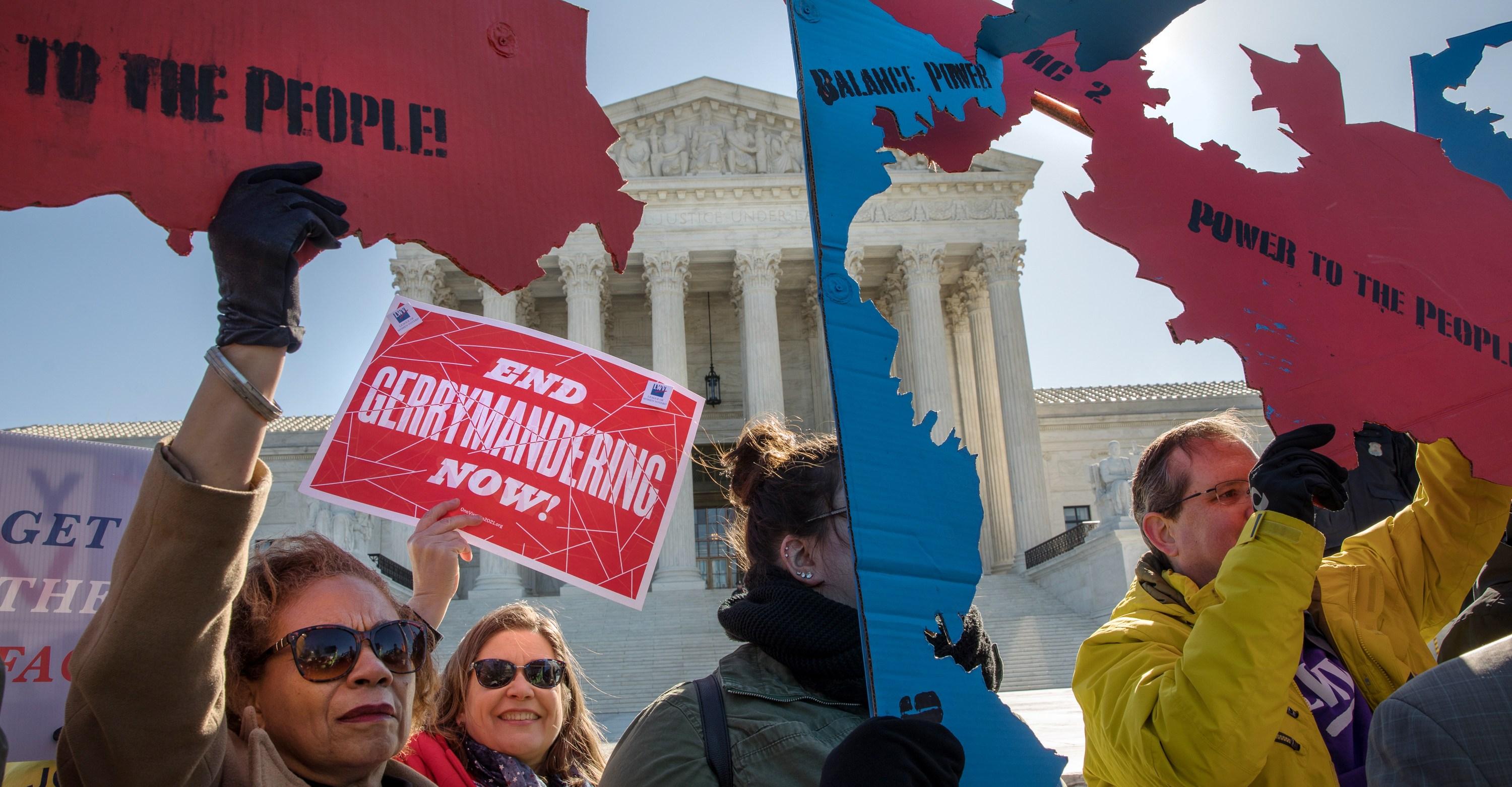NSP is an important milestone in strengthening the national security of Pakistan


Rawalpindi: Inter-Services Public Relations (ISPR) Director General (DG) Major General Babar Iftikhar said on Tuesday that Pakistan’s armed forces will play their due part in achieving the vision laid out in the National Security Policy (NSP) 2022-2026.
In a statement, the DG ISPR said that the NSP 2022-2026 is an important milestone in strengthening the national security of Pakistan.
#NSP is an imp milestone in strengthening National Security of Pakistan. The comprehensive framework, recognizes interlinkages between various strands of national security, imperative to meet emerging challenges (1/2)
— DG ISPR (@OfficialDGISPR) December 28, 2021
He said that the comprehensive framework recognizes interlinkages between various strands of national security, imperative to meet emerging challenges in evolving global environment through a whole of government effort.
Maj Asim Iftikhar further maintained that Pakistan’s armed forces will play their due part in achieving the vision laid out in the policy.
…in evolving global environment through a whole of government effort. Pakistan’s Armed Forces will play their due part in achieving the vision laid out in the policy. (2/2)
— DG ISPR (@OfficialDGISPR) December 28, 2021
Earlier, a federal cabinet meeting under the chair of Prime Minister (PM) Imran Khan on Tuesday approved country’s first ever National Security Policy (NSP) 2022-26.
The NSP was presented by the National Security Division for 2022 to 2026.
The security of citizens will be ensured Under the National Security Policy. The sources also said that the economic security will also be ensured under the NSP.
A policy framework has also been developed for the implementation of the NSP.
It is pertinent to mention here that a meeting of the National Security Committee (NSC) chaired by PM Imran Khan on Monday approved country’s first ever National Security Policy (NSP) 2022-26.
According to a press release of PM Office, the meeting was attended by Minister for Foreign Affairs Makhdoom Shah Mahmood Qureshi, Minister for Defence Pervaiz Khattak, Minister for Information and Broadcasting Chaudhry Fawad Hussain, Minister for Interior Shaikh Rashid Ahmad, Minister for Finance Shaukat Tarin, Minister for Human Rights Dr Shireen Mazari, Chairman Joint Chiefs of Staff Committee, all Services Chiefs, National Security Advisor and senior civil and military officers.
During the meeting, the prime minister emphasized that the security of Pakistan rested in the security of its citizens and reposed confidence that Pakistan was well prepared to meet any internal and external threats.
Terming the NSP’s formulation and approval a historic moment, he noted that the policy must guide all organs of the government to ensure that their efforts were synchronized with the overall direction of the NSP.
He instructed the National Security Adviser to present an implementation progress report to the NSC every month.
Revitalization of the Planning Committee and the expansion of NSC’s Advisory Board was also unanimously approved by the participants during the meeting.
The NSC members also appreciated the National Security Division and all other government departments for this effort.
During the meeting, Pakistan’s first ever National Security Policy (NSP) 2022-2026 was presented for approval by National Security Adviser Dr Moeed Yusuf.
He briefed the participants on the salient features of the NSP and highlighted that Pakistan was shifting to a Comprehensive National Security Framework whereby the ultimate purpose of national security was to ensure the safety, security and dignity of the citizen of Pakistan.
“To ensure this citizen-centric approach to security, the NSP put economic security at the core. A stronger economy would create additional resources that would in turn be judiciously distributed to further bolster military and human security,” the press release added.
The participants were informed that the NSP had been created through a whole-of-government effort over the last seven years, and included extensive consultations among federal government institutions, with all provinces, and with the academia and private sector.
It was highlighted that a detailed implementation framework had been created through which the National Security Division would review progress in collaboration with relevant ministries and departments.
Catherine O'Hara, star of 'Schitt's Creek' and 'Home Alone,' dead at 71
- 4 hours ago
Security forces kill 58 terrorists after coordinated attacks at ‘12 locations’ in Balochistan
- 5 hours ago

Xbox Cloud Gaming’s new design teases the future of Xbox console UI
- 16 hours ago
Field Marshal, Turkiye’s chief of general staff discuss regional security, defence cooperation
- a day ago
Gadecki, Peers win another Australian Open title
- 4 hours ago
Renowned digital creator Syed Muhammad Talha shifts focus to filmmaking
- 4 hours ago
AJK President Sultan Mehmood Chaudhry passes away at 71
- 29 minutes ago
PM inaugurates Punjab Agriculture, Food and Drug Authority
- 5 hours ago

The Supreme Court will soon decide if only Republicans are allowed to gerrymander
- 14 hours ago
Second T20I: Green Shirts beat Australia by 90 runs
- 3 hours ago
NDMA forecasts rain, snowfall in hilly areas
- a day ago

Amazon’s ‘free, no hassle returns’ issue results in over $1 billion settlement
- 16 hours ago




